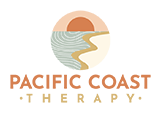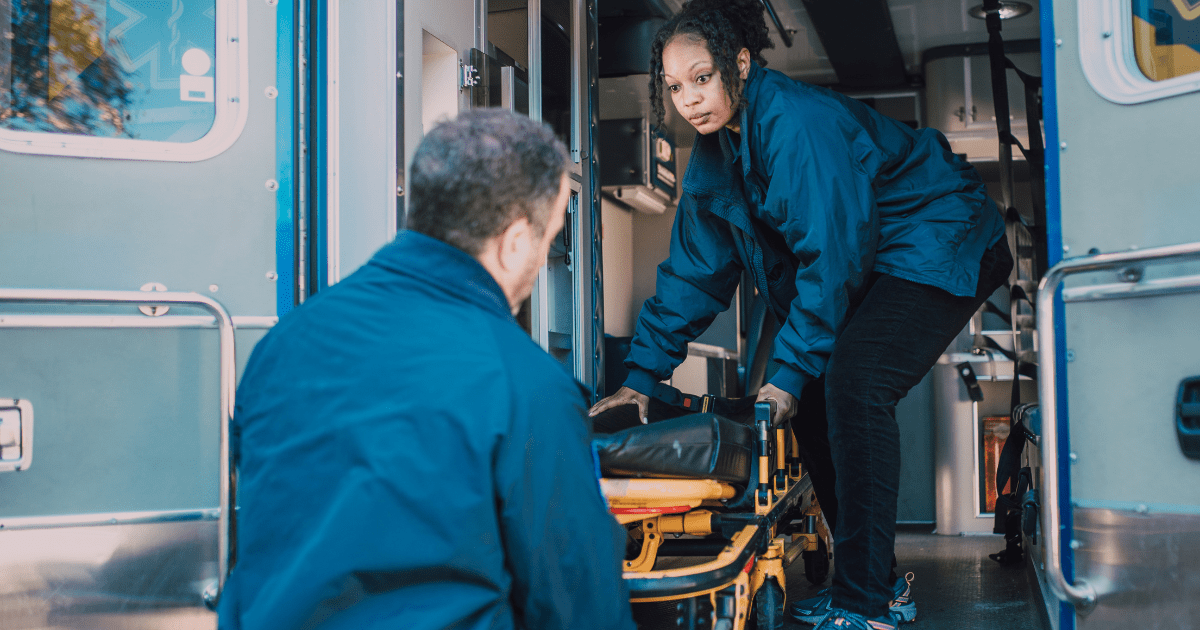In the high-stakes world of emergency services, the psychological toll on first responders is often as significant as the physical demands of the job. As a therapist specializing in supporting these critical workers, I have seen firsthand the profound impact that professional mental health support can have on their lives. Therapy for first responders is not merely a means to manage stress; it is a vital tool for sustaining mental health, fostering resilience, and promoting recovery from the inevitable traumas of the job. In this detailed exploration, we will delve into why therapy is indispensable for first responders and how it can transform their professional and personal lives.
The Critical Need for Therapy Among First Responders
First responders—whether they be firefighters, police officers, paramedics, or emergency medical technicians—confront life-threatening situations with a frequency that can lead to significant mental health burdens. These professionals are at an increased risk for post-traumatic stress disorder (PTSD), anxiety, depression, and even substance abuse. The role of therapy, therefore, is twofold: it provides a mechanism for processing traumatic incidents and a framework for developing strategies to cope with the ongoing pressures of the job.
Exploring Effective Therapeutic Approaches
- Cognitive Behavioral Therapy (CBT): CBT is exceptionally beneficial for first responders as it helps identify and alter negative thought patterns that can exacerbate stress and emotional distress. Through CBT, first responders learn to approach their high-intensity work environment with healthier thinking habits that promote emotional resilience.
- Eye Movement Desensitization and Reprocessing (EMDR): Renowned for its effectiveness in treating PTSD, EMDR facilitates the processing of traumatic memories, thereby diminishing their psychological impact. For first responders, this can mean fewer symptoms of PTSD and a quicker return to functional status.
- Peer Support Groups: Organized and led by therapists, these groups are essential for building a community among first responders, allowing them to share experiences and coping strategies in a supportive environment. The validation from peers who face similar challenges is invaluable in normalizing their emotional reactions to their jobs.
- Mindfulness-Based Stress Reduction (MBSR): This therapeutic approach teaches mindfulness techniques that help first responders remain focused and calm during crises, enhancing their overall mental health and job performance.
Addressing Barriers to Therapy
Despite the benefits, there is a pervasive stigma within first responder communities that views seeking mental health support as a weakness. To counteract this, therapy programs must be culturally sensitive and honor the values and norms of first responder groups. Initiatives to educate these communities about the benefits of mental health care and to integrate therapy into their health and wellness programs can reduce resistance and encourage more widespread acceptance of psychological support.
Therapy’s Impact: Real-Life Success Stories
The positive outcomes of therapy for first responders are best illustrated through real-life examples. Consider the case of a veteran firefighter who struggled with recurrent nightmares and hyper vigilance until he engaged in EMDR therapy, which significantly alleviated his PTSD symptoms. Another example is a police officer who, after participating in a peer support group, found renewed strength to cope with the daily stresses of her role.
The Role of Therapists in Supporting First Responders
As therapists, we play a critical role in tailoring interventions to meet the specific needs of first responders. This includes ongoing training in trauma-informed care practices, advocacy for mental health services within emergency service departments, and collaboration with other healthcare professionals to provide a holistic approach to wellness.
The case for therapy for first responders is compelling and clear. It is not just an intervention for those in crisis; it is a critical element of ongoing health maintenance that enables our first responders to maintain their readiness, resilience, and overall well-being. In championing therapy, we not only support the health of individual workers but also enhance the operational effectiveness of our emergency services.
For first responders, acknowledging the need for psychological help is a sign of professional responsibility, not weakness. If you or a colleague are struggling with the emotional demands of the job, consider reaching out to a therapist who specializes in treating first responders. The right support can make all the difference in managing stress, processing trauma, and maintaining personal and professional well-being.
By embracing therapy, first responders can safeguard their mental health, ensuring they are as prepared psychologically as they are physically for the challenges of their critical roles.
Q&A On Therapy For First Responders
Brief synopsis of Essential Therapy for First Responders: A Therapist’s Perspective on Building Resilience and Recovery
What is the best type of therapy for first responders?
The most effective type of therapy for first responders often includes trauma-focused therapies such as Cognitive Behavioral Therapy (CBT), Eye Movement Desensitization and Reprocessing (EMDR), and Exposure Therapy. These therapies are tailored to help individuals process and manage the intense and sometimes traumatic experiences they encounter in their roles. Group therapy can also be beneficial, providing a supportive environment to share experiences and coping strategies with peers who understand the unique challenges of their work.
What mental health issues do first responders have?
First responders are at a higher risk for several mental health challenges due to the high-stress nature of their work, including Post-Traumatic Stress Disorder (PTSD), depression, anxiety, and burnout. They may also experience issues such as substance use and insomnia. The chronic stress from facing life-threatening situations and the responsibility of making critical decisions can have a significant impact on their mental well-being.
What is the mental health app for first responders?
Several apps are designed to support the mental health of first responders. One notable app is “CordicoShield,” which provides wellness resources specifically tailored for police, firefighters, and other emergency personnel. It offers tools for stress management, mindfulness, and even sleep improvement, all of which are crucial for handling the pressures of emergency response work. This app and others like it are developed to be accessible and confidential, helping first responders maintain their mental health on and off the job.
What are the healthy coping strategies for first responders?
Healthy coping strategies for first responders include regular physical activity, which can help reduce stress and improve mood. Mindfulness and meditation are also beneficial, as they can enhance mental resilience and focus. Establishing a solid support network of colleagues, friends, and family is vital, as is seeking professional help when needed. Additionally, maintaining a routine and ensuring adequate rest and nutrition are crucial for mental and physical health. Engaging in hobbies and interests outside of work can also provide a necessary respite from the demands of their roles.
Lets Connect



